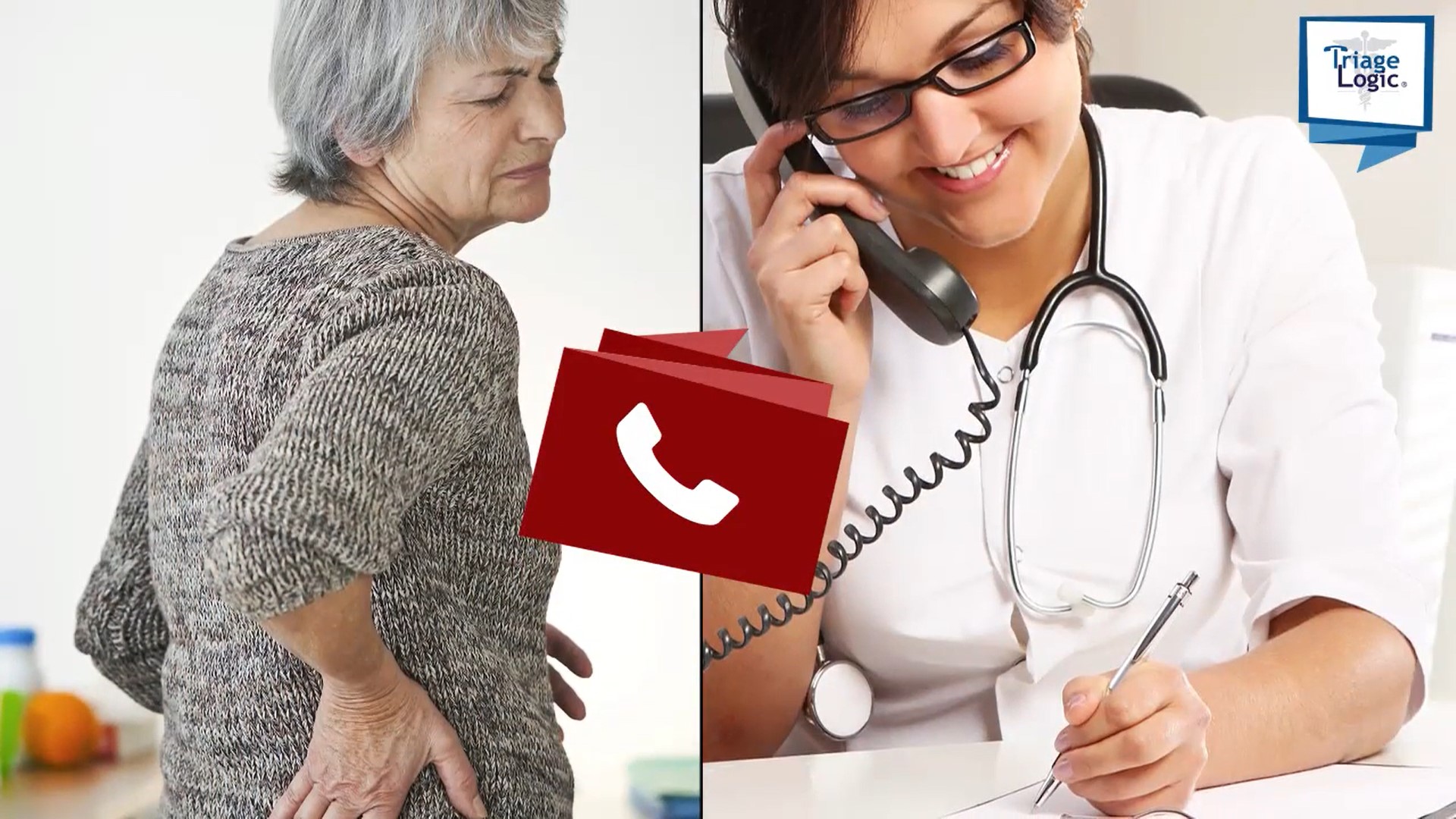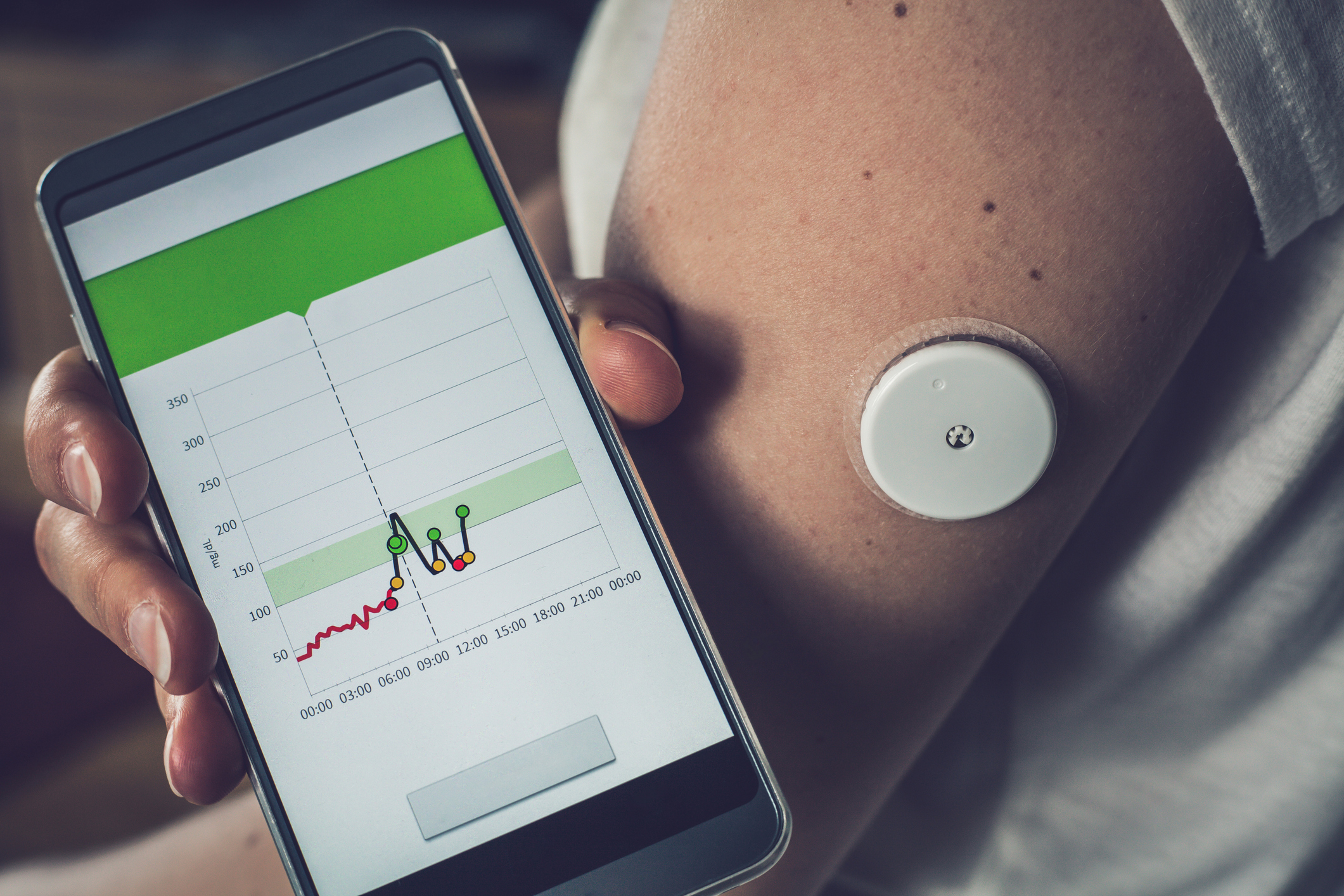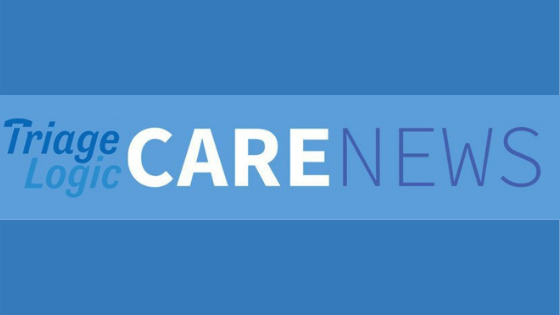
Case Study: Using Schmitt-Thompson Protocols to Triage Acute Pain
When addressing adult patients with acute pain, telephone triage nurses benefit from Schmitt-Thompson protocols in two ways: 1) most older adults already have chronic conditions







When addressing adult patients with acute pain, telephone triage nurses benefit from Schmitt-Thompson protocols in two ways: 1) most older adults already have chronic conditions

As telehealth gains in popularity, it’s even more important for physicians to ensure that their patients receive consistent, accurate advice on every call. When it’s

The shift from volume-based care to value-based has extended from hospitals and doctors’ offices to home health agencies. According to Fierce Healthcare, the Centers for

Triage nurses can play an essential role for any doctor’s office by addressing patient callers and providing the best dispositions for their care. This work

When a patient calls a nurse triage phone line, they’re first greeted by an answering service. This includes an operator whose job it is to

There’s no question that telephone triage nurses provide a valuable resource for patients seeking guidance on medical care. But like all areas of healthcare, they

When your male patients call your practice to report abdominal pain, it’s important that the responding nurse considers all possible reasons — and obtains all

In this issue of Care News, we cover the three questions medical practices are faced with now that COVID restrictions have loosened; Dr. Ravi Raheja

Healthcare organizations are recognizing the need for heightened cyber defense in the wake of increased ransomware and other malware attacks this year. Becker’s outlines the

The pandemic accelerated the use of telemedicine, and indications are that it’s here to stay. Patients and families have largely embraced it as a convenient